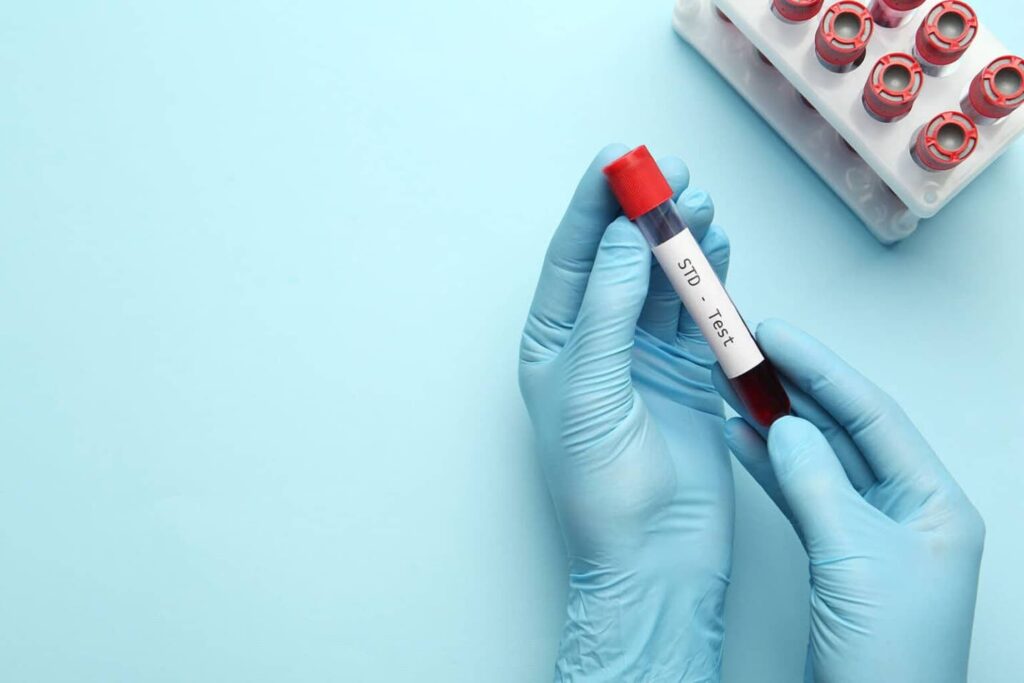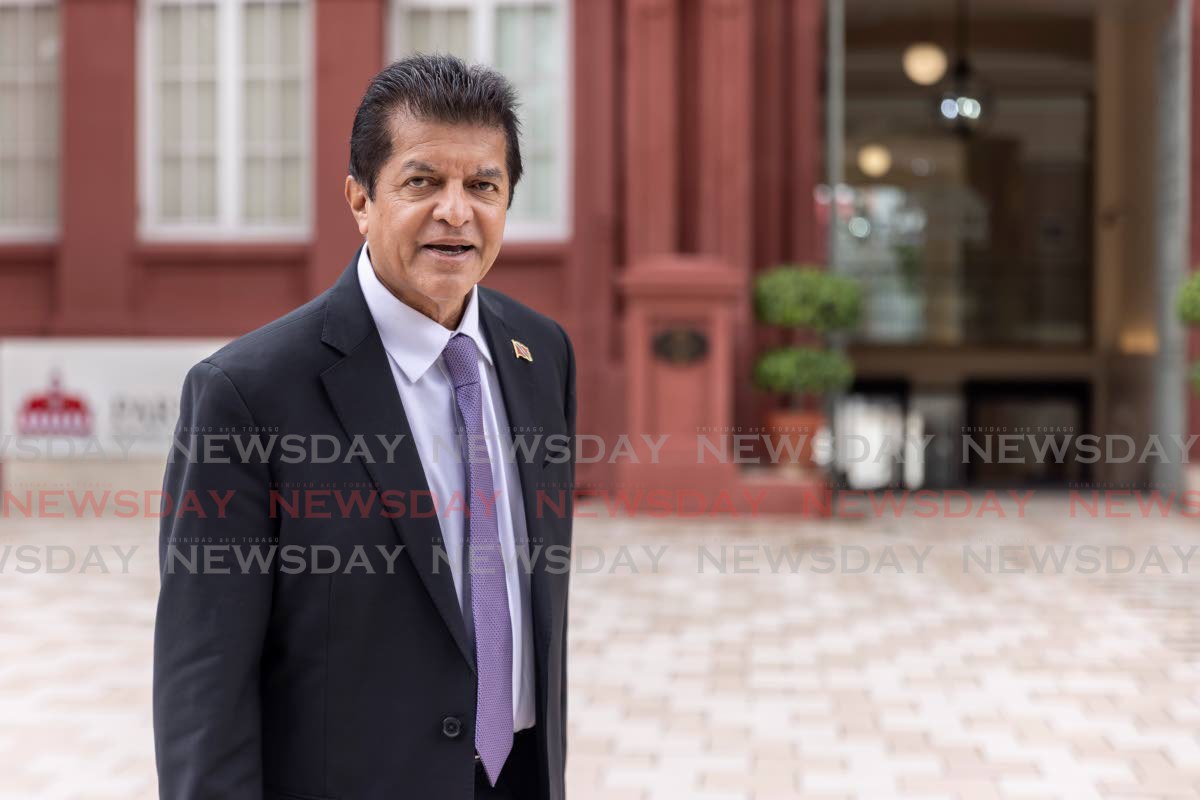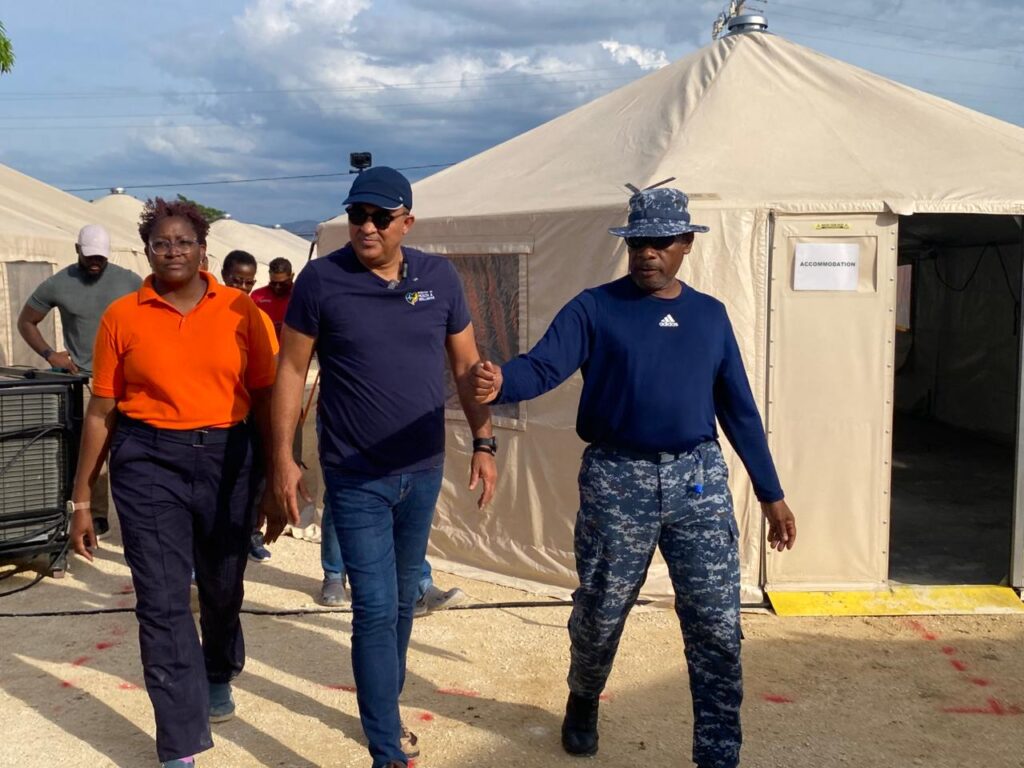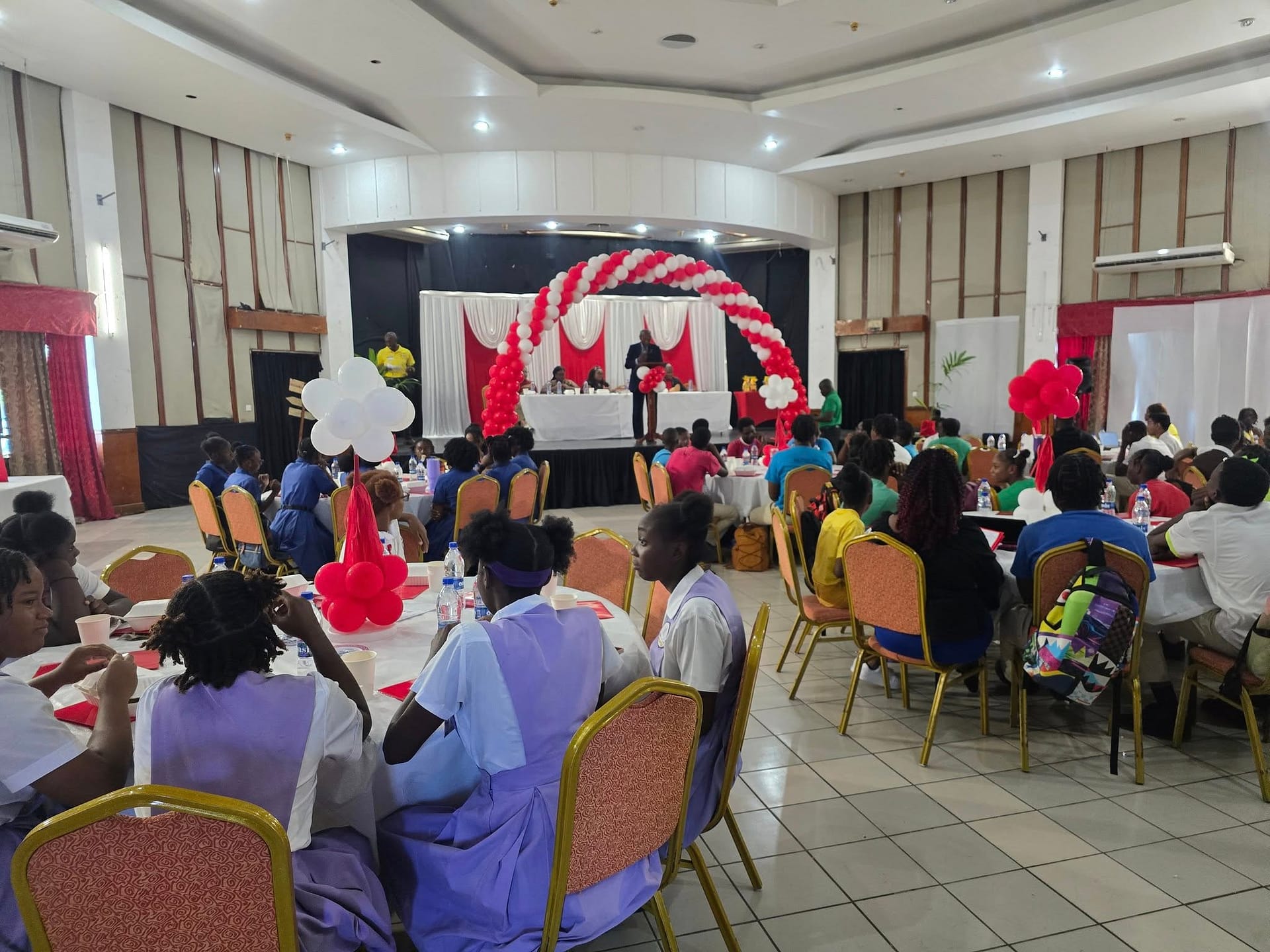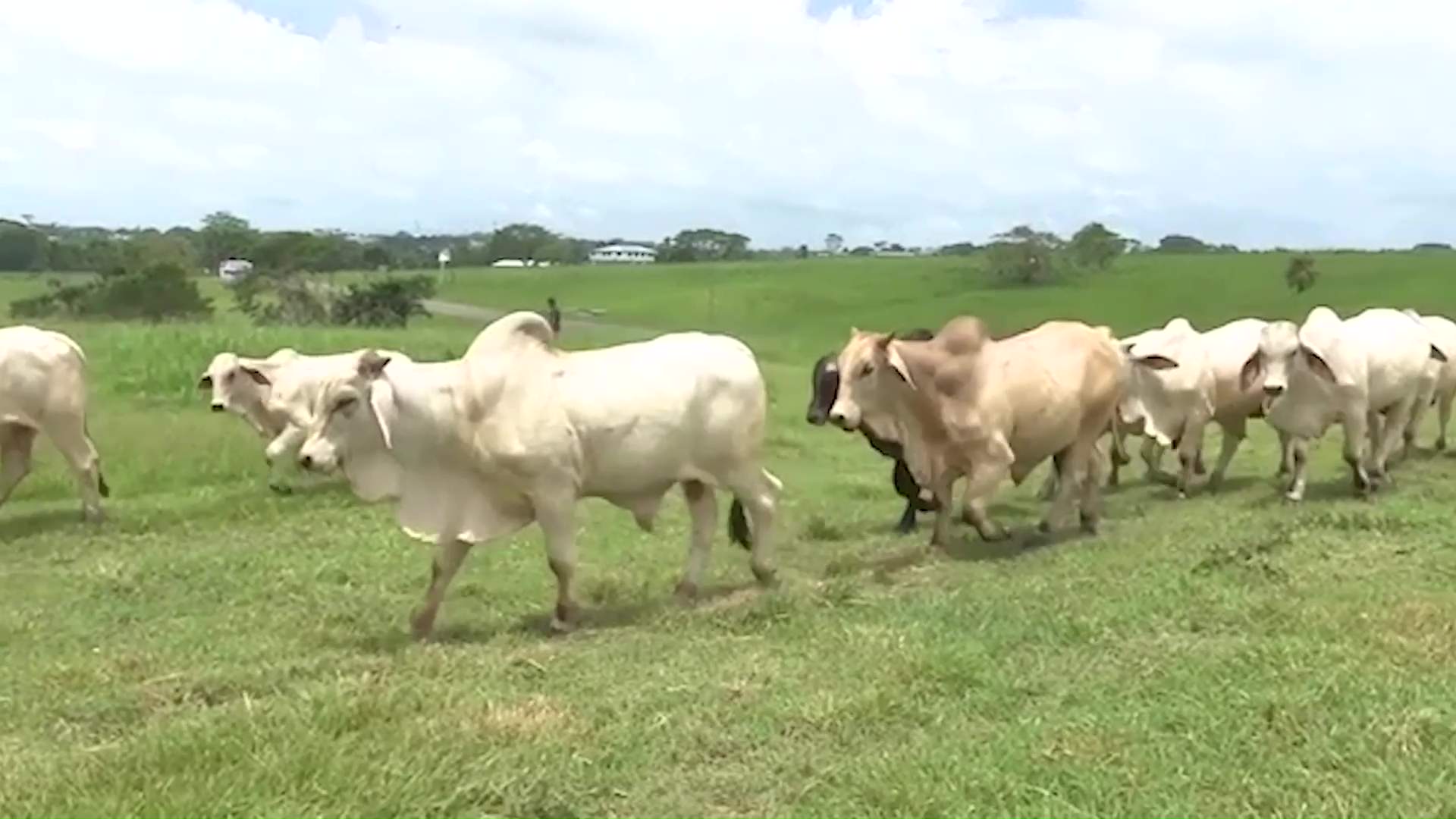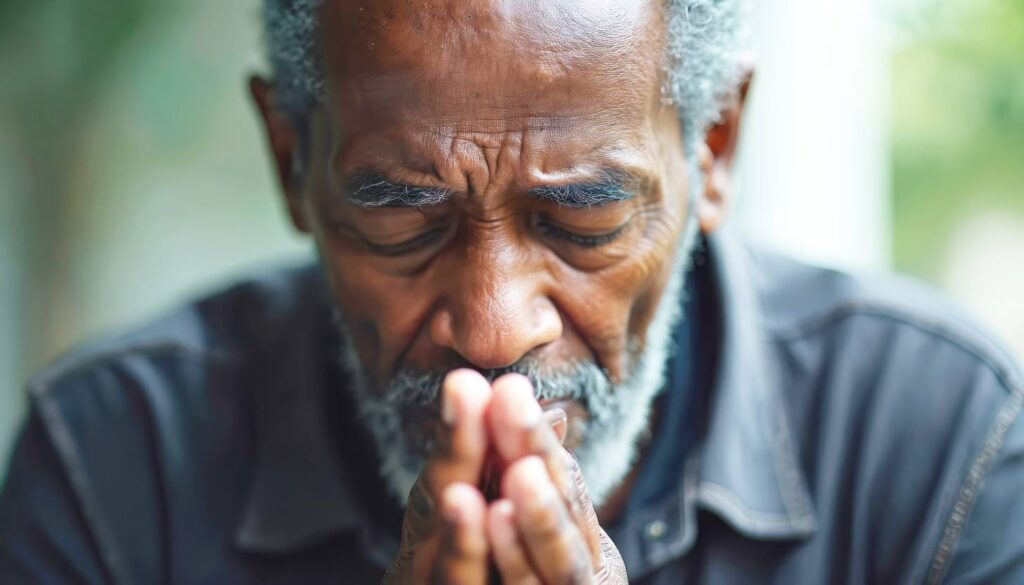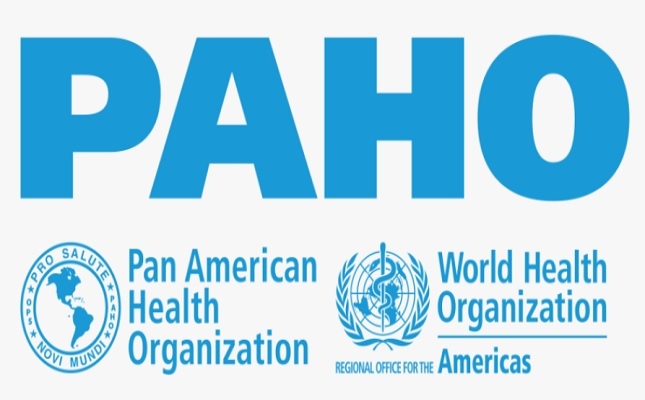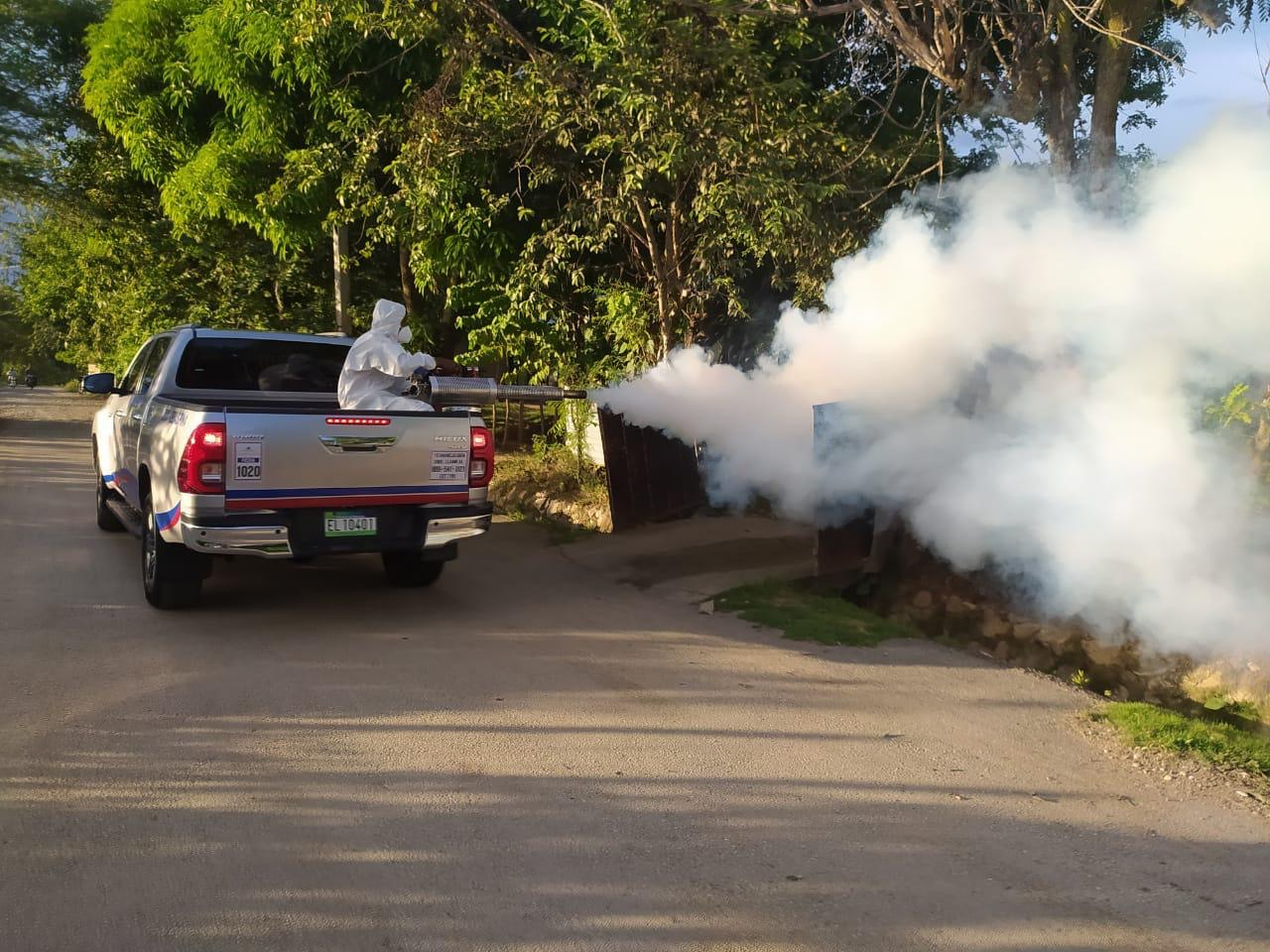Jamaica’s public health system is grappling with a concerning escalation in sexually transmitted infections (STIs), marking a persistent upward trajectory over the past four years. Ministry of Health and Wellness data reveals a significant climb from 31,572 cases in 2022 to 35,713 documented infections in 2024, with young adults aged 20-24 bearing the highest burden of disease.
Medical experts identify genital discharge syndrome—comprising infections like gonorrhea, chlamydia, and trichomoniasis—as the predominant presentation, accounting for over 99% of cases. Conversely, genital ulcer diseases including herpes and syphilis constituted approximately 1% of diagnoses. Notably, syphilis cases demonstrated a worrying resurgence, jumping from 865 cases in 2023 to 1,216 in 2024.
Dr. Nicola Skyers, Senior Medical Officer of the National HIV/STI Programme, highlighted the disproportionate impact on young demographics. “Twenty to twenty-four is the highest incidence group, followed closely by adolescents aged 15-19 and young adults 25-29,” she explained, attributing this trend to insufficient condom usage and engagement with multiple sexual partners.
The gender distribution remains markedly skewed, with women comprising 28,220 cases compared to 7,493 among men in 2024. Concurrently, Jamaica’s HIV landscape shows complex dynamics: while overall prevalence stabilized at 1.1%, the estimated number of Jamaicans living with HIV increased to 28,000. Encouragingly, new HIV infections declined to 1,100 cases in 2024, continuing a downward trend from previous years.
Healthcare providers emphasize that testing accessibility improvements shouldn’t replace preventive measures. Dr. Annisha Skinner of St. Ann Medical Center cautioned that “STI testing should not be used as a substitute for practising safe sex,” advocating instead for comprehensive prevention strategies including consistent condom use and transparent partner communication.
The Ministry of Health is currently conducting enhanced surveillance to gather more precise STI data, with complete findings anticipated in 2026. Medical authorities reaffirm that all major STIs remain treatable, with immediate antiretroviral therapy initiation for HIV-positive diagnoses.
